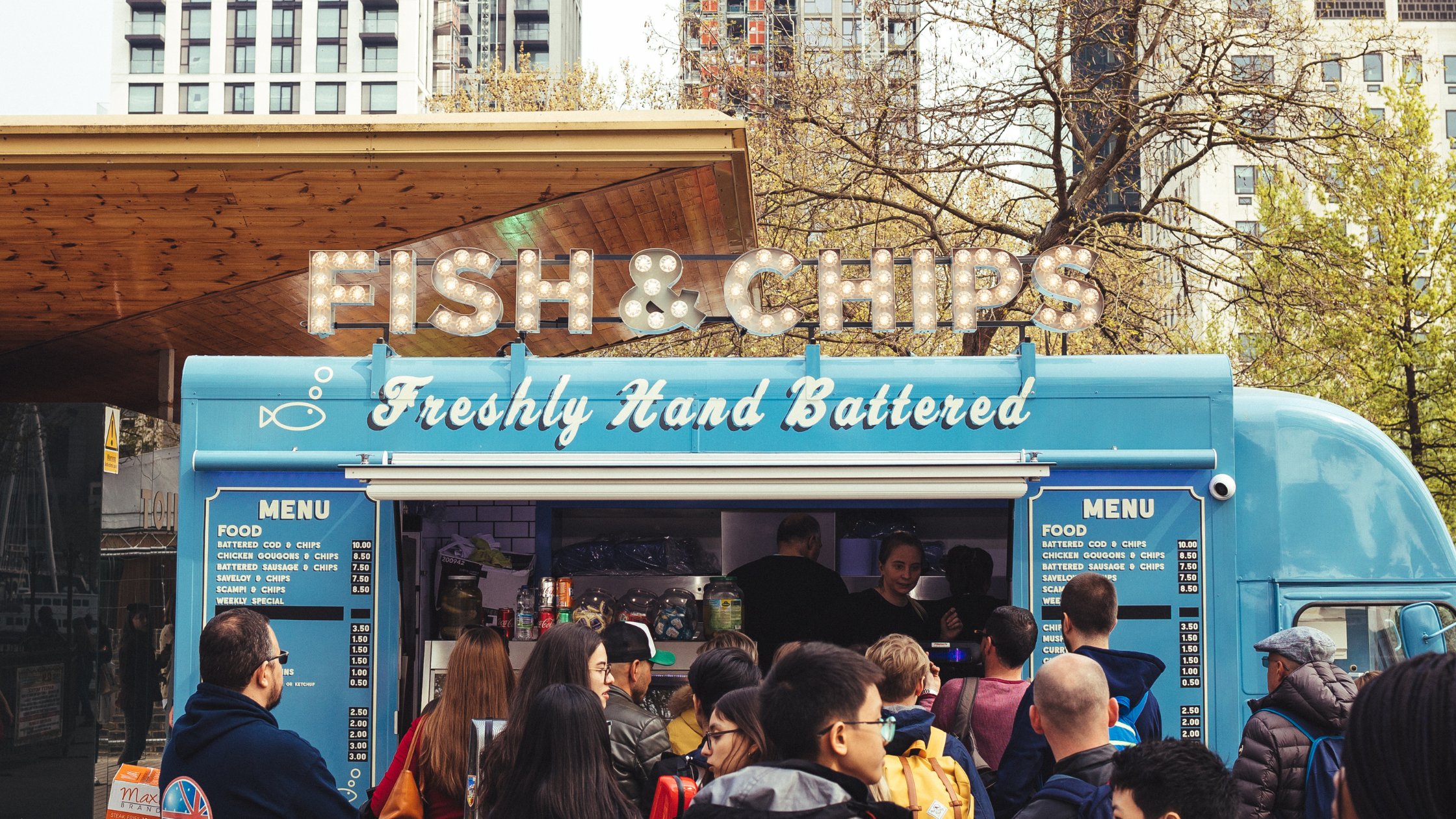What You Need to Know About Food Truck Financing
The food truck industry grew steadily between 2014 and 2019 as these mobile restaurants became a trendy way to serve different cuisines to a hungry clientele. In fact, the industry grew 6.8% year over year during that time, peaking at more than $1 billion.
Then the COVID-19 pandemic hit.
Like many industries, food trucks were hit hard by the impact of the coronavirus. While food trucks could continue to operate during the pandemic, the customers they relied on to stay afloat disappeared, especially in urban areas.
Food trucks have long benefitted from parking in downtown metropolitan areas, feeding lunch to the masses of office workers. With more employees working remotely from home, the lunch crowd vanished. So did the demand for food trucks to attend large gatherings or other well-attended social events, forcing many to close their doors.
The Coming Food Truck Resurgence
Hopefully, for food truck owners the worst is now in the past. With states lifting restrictions and more people returning to normal life, the opportunities that originally spurred massive growth will soon return. Entrepreneurs interested in starting a food truck—or those who stopped during the heart of the pandemic—will soon want to re-enter the market.
Many, however, will require financing, both for the truck itself and equipment used inside. Here are a few things to consider when shopping for food truck financing.
1) Choose a commercial vehicle lender.
Food truck financing can be a little different than getting a loan for another small business. If you have good credit, you should be able to get a loan—but instead of approaching a bank, find lenders that specifically offer vehicle loans. Some companies even offer vehicle financing tailored for food trucks. As with other loans, food truck owners will need to make a down payment, put down some collateral, or include a co-signer.
2) Plan to purchase a truck in good condition.
It may be tempting to buy a fixer-upper, but many companies will not provide commercial vehicle financing if the truck is not a worthy investment. Plus, there is nothing more frustrating than losing potential income from a lengthy breakdown. It may be worth it to pay a little extra for a reliable vehicle.
3) Consider a business credit.
A business credit card or business line of credit may be required. It can be difficult to start any business, and some creditors may want more information or a history of success in the food business before offering a loan. If you are starting new, it may be difficult to get a traditional loan. You may need to use business credit until you prove your business acumen to a larger lender. If that’s the case, food truck owners will need a good credit score and may have to offer personal collateral.
4) Don’t forget about equipment loans.
Of course, food trucks require more than just the truck. They house special equipment, like a stovetop or a deep fryer, to cook food on demand; they also need refrigeration to keep ingredients safe. Equipment loans typically use the cooking items you are leasing as collateral, so if you default on a payment they will be taken away.
5) Leverage an SBA microloan.
Perfect for food trucks, the US Small Business Administration’s Microloan Program provides up to $50,000 to borrowers. Borrowers can use these funds to purchase supplies, equipment, and food inventory. These can be an excellent way to get a food truck off the ground once the vehicle has been acquired.
6) Explore other ways to finance your food truck.
Crowdfunding can be a viable method as well. Think Kickstarter or GoFundMe. Food trucks have boomed during the time of social media with trucks using Twitter, Facebook, and Instagram to announce their location, share pictures of what people are eating, and even release special deals. Food truck owners can get creative, offering loyal customers a small cut of the profits or a special per—five free meals per month, for example—in exchange for an investment.
The Bottom Line
The COVID-19 pandemic has brought great uncertainty to the food and beverage world, but it’s also time to rethink how things are done. Food trucks have proved to be a solid business for those who can make delicious food and find a market to sell it to. There are multiple ways to finance a food truck, so if you have the desire to get started, you can find several paths to lead you to your dream.



